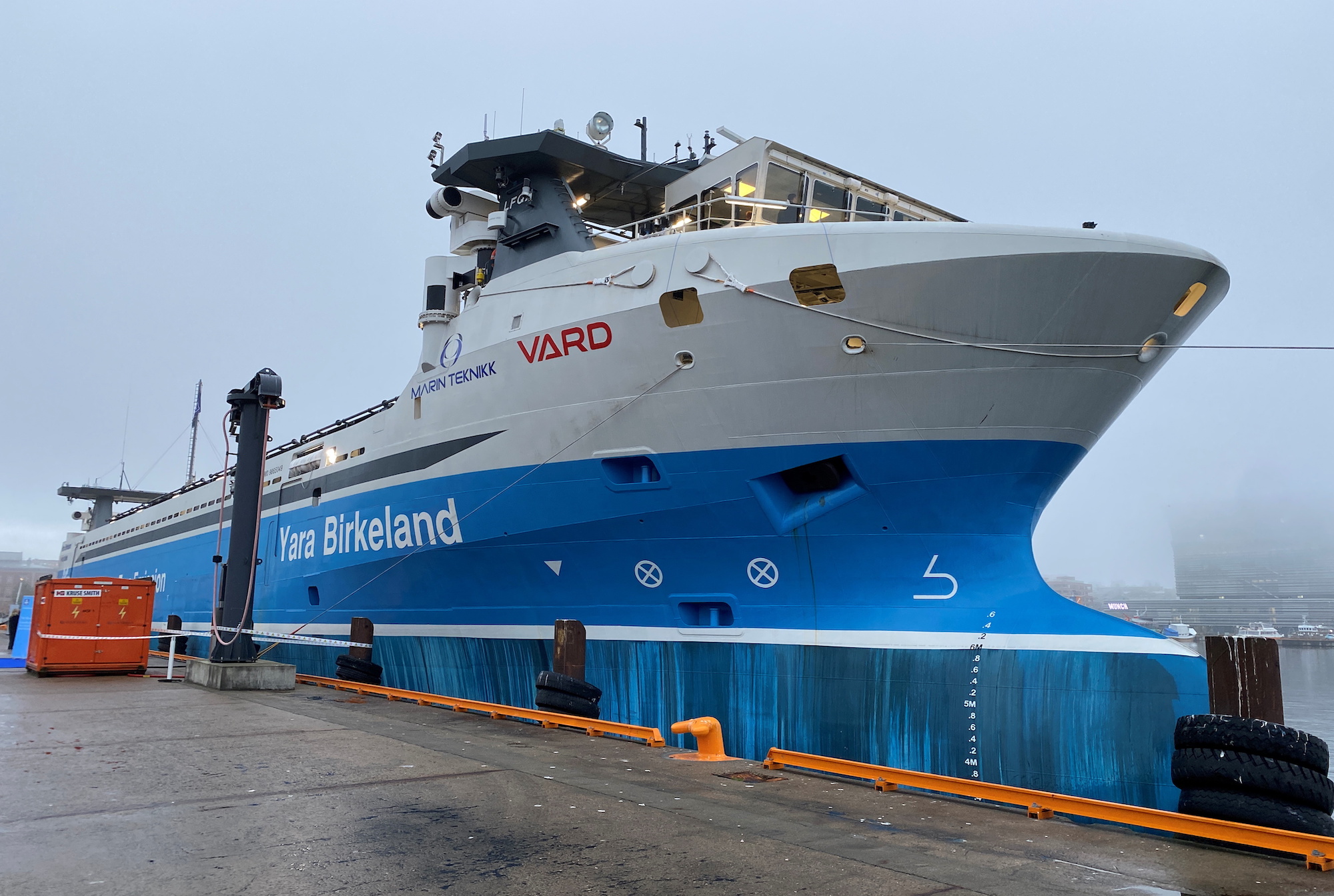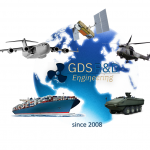Today, the use of more machinery reduces manpower, with the development of technology. Thus, the maritime sector leaves behind its old functioning. With the development of artificial intelligence, it is aimed to minimize human need and error on ships.
Japan-based Mitsui O.S.K. Lines (MOL) is partnering with Bearing, a Silicon Valley-based artificial intelligence technology startup, to increase efficiency in the shipping industry. Bearing company produces technology in the maritime sector based on the data collected globally. These AI-supported models, which contain navigational data for ships such as ship speed, trim, main engine operation, weather and sea conditions, allow metrics such as fuel consumption to be estimated with absolute accuracy, even without the ship’s design parameters. Apart from this, autonomous ships are also becoming common. In 2018, Rolls-Royce and Finnish ferry operator Finferries introduced a fully autonomous ferry called the Falco. The approximately 50 meters long ferry is designed to cover short distances. Another high-profile project is the Yara Birkeland, a container ship measuring 80 metres in length that is designed to transport fertiliser on autonomous journeys powered fully by electricity.

Such advances in technology are leading to revolutionary changes in the shipping industry. We must adapt to these changes and do our work with this in mind.
